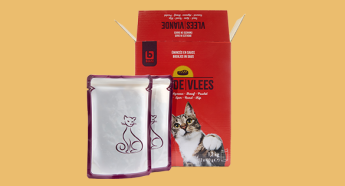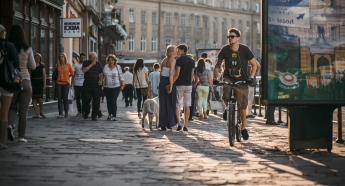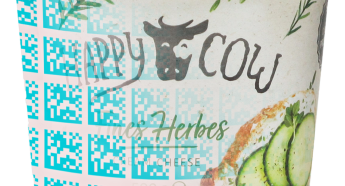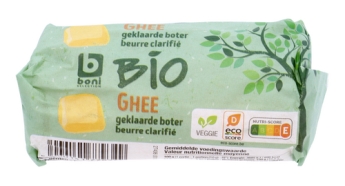Drinks cartons
Drinks cartons (the ‘D’ in PMD) are collected from your home via the blue PMD bag. They were specifically designed to store dairy products, fruit juices, soups and sauces as well as possible. These are special packaging forms, made up of cardboard, a layer of polyethylene and often a thin layer of aluminium. They also go through a unique recycling process.
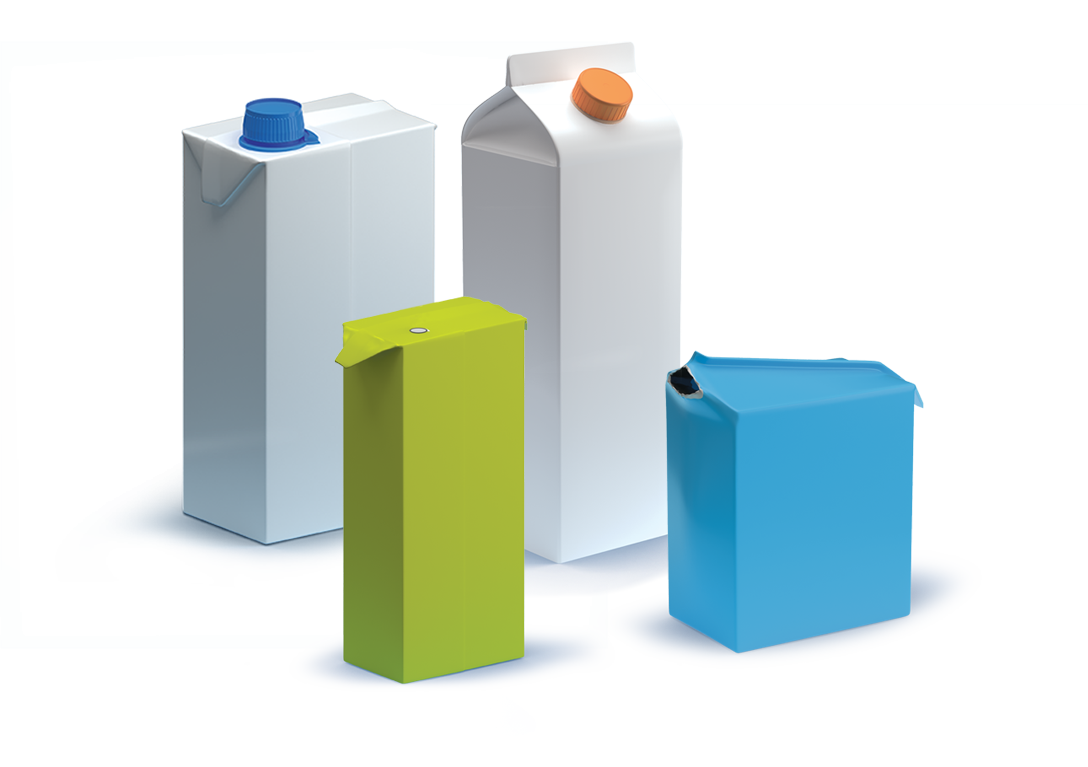
Why recycle drinks cartons?
Drinks cartons are composite packaging forms. They usually consist of four different materials. They are made up largely – about 75% – of cardboard, hence their name. The packaging has a thin layer of plastic (polyethylene) on both the outside and the inside, which protects the contents against damp and air, as well as ensuring drinks, soups and sauces a long shelf-life. For certain products, the inside plastic layer is combined with a thin layer of aluminium. Finally, there are the plastic tops which, just like the tops on plastic bottles, are made of HDPE. By recycling drinks cartons, we can give all these materials a new life, which means that we need fewer new raw materials.
Good sorting = better recycling
For the recycling process to go as smoothly as possible, it is important to sort drinks cartons carefully. Make sure they don’t get lost in the residual waste and put all of them in your blue PMD bag. Empty the drinks cartons before doing so. Squash them flat lengthways to save space, and leave the top on.
- The sorting rules for PMD, glass and paper-cardboard. Extra tips for better recycling.
This is how it works
- Collecting from your home
You put your drinks cartons in the PMD bag, which is then collected from your home. Not only is this convenient for you, but it also means that we can recycle as many drinks cartons as possible and as little material as possible is lost. - Sorting
The drinks cartons are separated from the other PMD packaging in the sorting centre. They are stored in bales and then sent to specialised recycling companies for further processing. - Recycling
Just like the other old paper and cardboard, the drinks cartons are mixed with water to form pulp, but a specific treatment is required to remove the fibres from the packaging properly. The plastic tops are removed as well. When the drinks cartons are soaked, the plastic and aluminium layers inside the packaging start to come apart. They can be separated from one another for further recycling, but there are more and more applications for the blend of the two materials, which is known as PolyAl (Polyethylene-Aluminium).
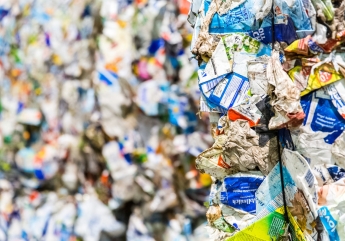
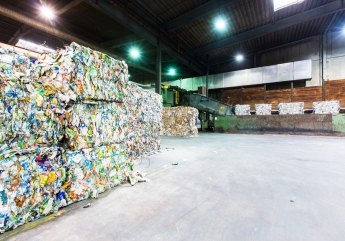
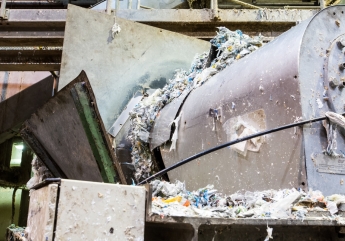
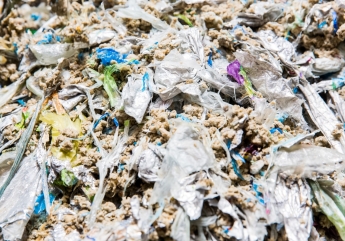
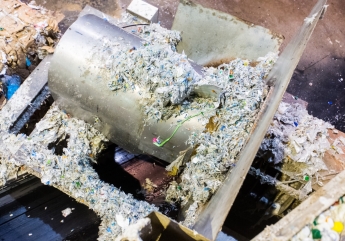
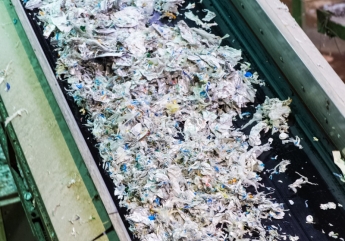
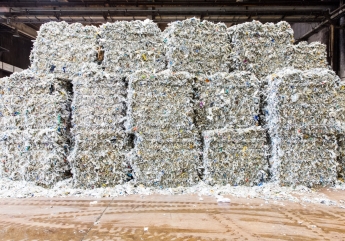
Applications
Paper fibres
The long, strong fibres make the recycled material especially prized on recycling markets because it is ideal for applications that require a certain robustness, such as kitchen roll, sturdy cardboard packaging or even specific applications in the construction sector such as the paper outer layer of plasterboard.
Plastic tops
The plastic tops of the drinks cartons are usually made of HDPE, which is also used for the tops on plastic bottles. They can therefore follow the same recycling process. Recycled HDPE is used, among other things, in new packaging, storage bins or pipes.
PolyAl
On the inside and outside of a beverage carton, we find a layer of plastic (LDPE), which is sometimes combined with a layer of aluminium. The combination of the two materials (PolyAl) produces a sturdy and waterproof material that is also UV-resistant. This enables a lot of new applications that are currently being developed. For example, one company has already marketed bird feeders made of PolyAl.


